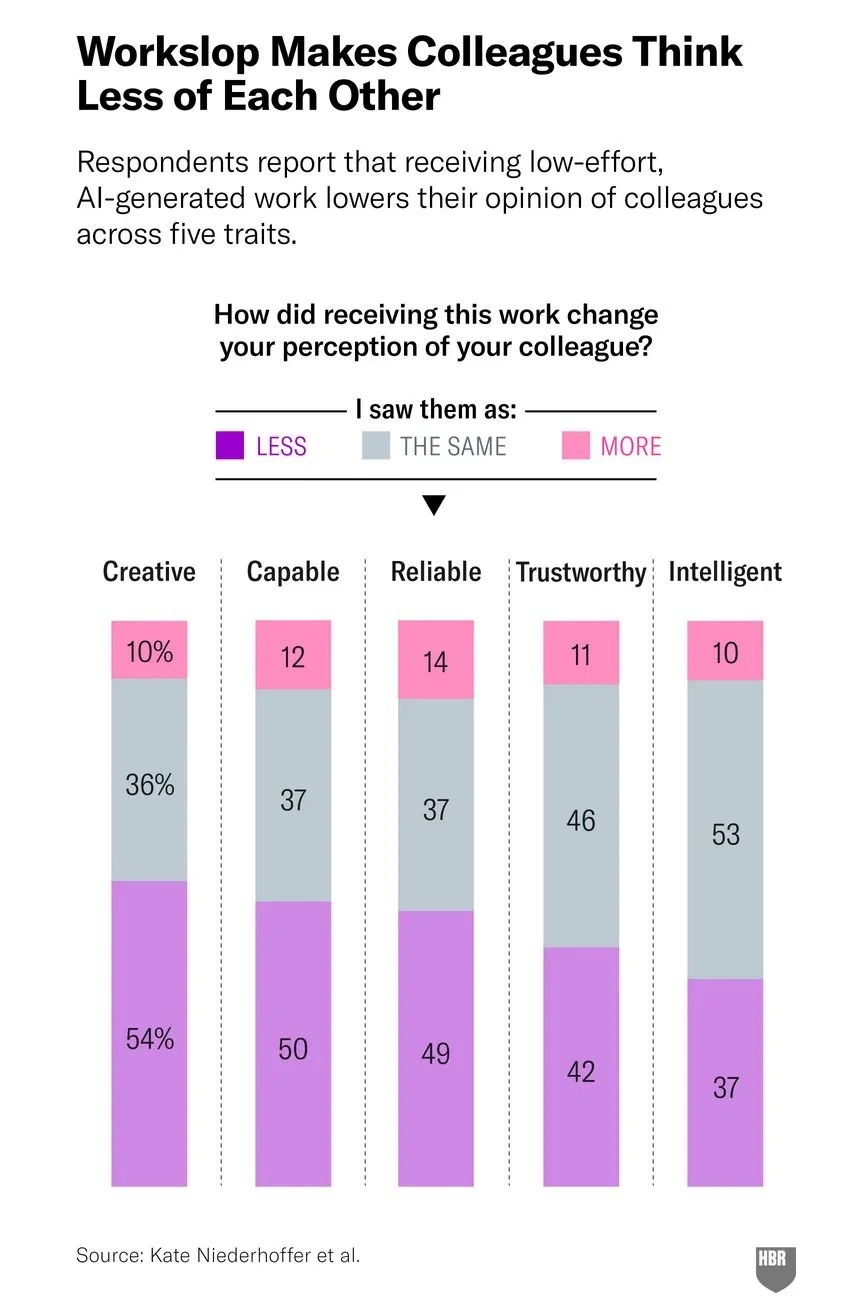Why Soft Skills Are the Key to Trust in an AI-Driven World
Artificial Intelligence is changing how we live, work, and connect. From AI-powered chatbots to algorithmic decision-making, technology now touches almost every interaction. But no matter how advanced AI becomes, it can’t replace the depth of human connection. That’s why soft skills like empathy, listening, communication, and emotional intelligence matter more than ever.
At KindCo, we focus on soft skills training that helps leaders and teams build trust and create workplaces where people feel seen, heard, and valued.
When Technology Answers, Do We Still Feel Heard?
Picture this.
Emma, a customer service manager, introduces an AI chatbot to speed up support. It handles routine questions quickly and gives her team more time for other tasks. However, after a few weeks, customer satisfaction begins to drop.
Emma calls one of her longtime clients.
“It’s faster now,” the client says. “But I miss talking to someone who really understands me. It feels like I’m talking to software.”
The problem wasn’t the technology. The problem was the loss of connection.
What the Research Tells Us
Organizational psychologist Adam Grant recently highlighted research about what happens when people receive low-quality, AI-looking work, what he calls “workslop.”
40% of people said they received workslop in the past month
They spent almost two hours fixing it
And it changed how they saw their colleagues
According to research from Harvard Business Review, people who received this kind of work said they saw their colleagues as less creative, less capable, less reliable, and even less trustworthy.
When AI-generated work is used without care, it doesn’t just create rework. It hurts trust and damages relationships. That is where humans have to step in to review the work, take responsibility, and communicate with care.
Source: Kate Niederhoffer et al. HBR
Why Soft Skills Matter
As AI takes over more routine tasks, the skills that keep workplaces healthy become even more important.
Trust is human
AI can process data, but it can’t build trust. People build trust through open communication, honesty, and consistency.
Connection stands out
In a world full of automation, a thoughtful human interaction is memorable. Listening, acknowledging feelings, and making people feel valued turn a simple transaction into a relationship.
Conflict needs compassion
When things go wrong, whether it’s a tech error or a human one, the way we handle it matters. Compassionate communication is what repairs trust.
Storytelling Brings People Back Together
Numbers and dashboards can tell us what happened, but stories help us understand why it matters. When Emma shared the customer’s story with her team, they saw more than just a dip in the metrics. They saw the human impact.
Stories help people reconnect with the purpose behind the work and remind them that their decisions affect real people.
How to Strengthen Soft Skills in the Age of AI
Soft skills are no longer a nice-to-have. They are a must-have for every organization that wants to thrive.
Offer empathy and listening workshops to help employees make others feel heard
Design processes so AI handles repetitive tasks and humans focus on connection
Encourage teams to share stories that inspire and build trust
Create psychological safety so people feel comfortable speaking up and taking responsibility
The Future of Trust
AI will continue to transform the way we work, but human skills will always remain at the heart of trust.
Organizations that focus on building communication, empathy, and emotional intelligence will stand out. Not because they are faster, but because they are more human. And when people feel seen, heard, and valued, they do their best work and stay committed.
Want to build trust with your team? Learn how trust is build, and lost, and how to repair it when it’s broken through our Building Trust in the Workplace workshop.



